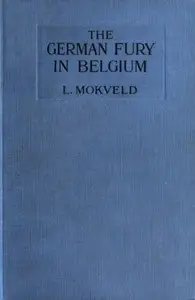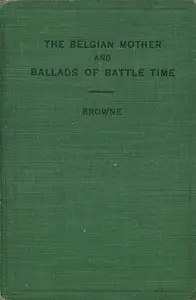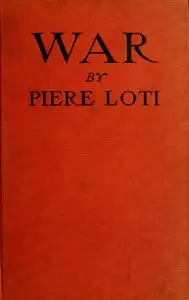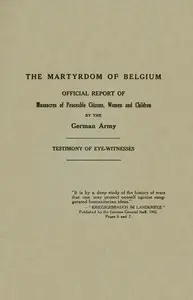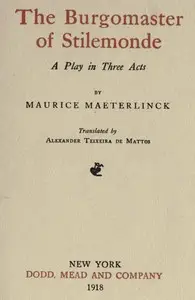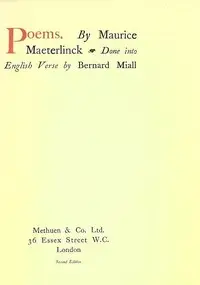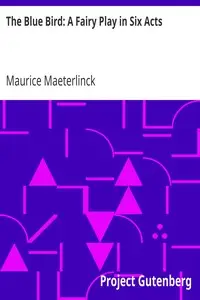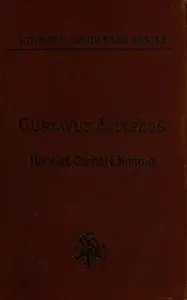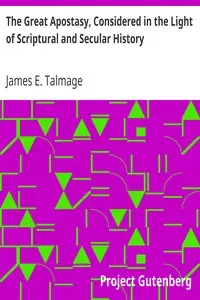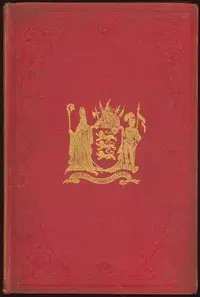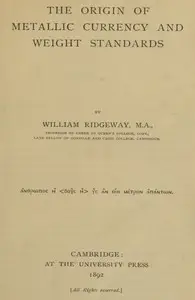"The Wrack of the Storm" by Maurice Maeterlinck is a series of essays composed during World War I that reflects on war's effects, nationalism, and the noble sacrifices of people and countries. It homes in on Belgium's challenges under invasion. It begins with the author feeling sad that he has to include hate because of the war's terrible events. Maeterlinck mentions his fondness for Germany and its people but believes that what occurred demands blame for the country as a whole. The essays then describe different parts of how the war affected Belgium, pointing out the Belgian people's bravery and strong spirit as they deal with destruction while holding firm to their beliefs. These writings aim to capture the current state and lift the conversation about national pride and the lasting traits of humanity during times of great moral difficulty.

The Wrack of the Storm
By Maurice Maeterlinck
Amidst the chaos of war, a writer grapples with the need to condemn a nation he once admired, as he witnesses the unwavering courage of a people fighting for their homeland and values.
Summary
About the AuthorMaurice Polydore Marie Bernard Maeterlinck, also known as Count/Comte Maeterlinck from 1932, was a Belgian playwright, poet, and essayist who was Flemish but wrote in French. He was awarded the Nobel Prize in Literature in 1911 "in appreciation of his many-sided literary activities, and especially of his dramatic works, which are distinguished by a wealth of imagination and by a poetic fancy, which reveals, sometimes in the guise of a fairy tale, a deep inspiration, while in a mysterious way they appeal to the readers' own feelings and stimulate their imaginations". The main themes in his work are death and the meaning of life. He was a leading member of La Jeune Belgique group, and his plays form an important part of the Symbolist movement. In later life, Maeterlinck faced credible accusations of plagiarism.
Maurice Polydore Marie Bernard Maeterlinck, also known as Count/Comte Maeterlinck from 1932, was a Belgian playwright, poet, and essayist who was Flemish but wrote in French. He was awarded the Nobel Prize in Literature in 1911 "in appreciation of his many-sided literary activities, and especially of his dramatic works, which are distinguished by a wealth of imagination and by a poetic fancy, which reveals, sometimes in the guise of a fairy tale, a deep inspiration, while in a mysterious way they appeal to the readers' own feelings and stimulate their imaginations". The main themes in his work are death and the meaning of life. He was a leading member of La Jeune Belgique group, and his plays form an important part of the Symbolist movement. In later life, Maeterlinck faced credible accusations of plagiarism.


